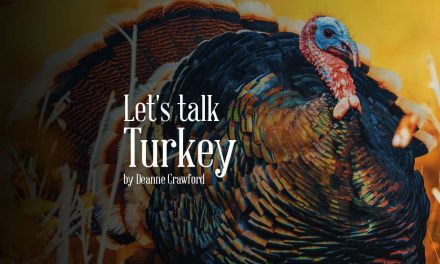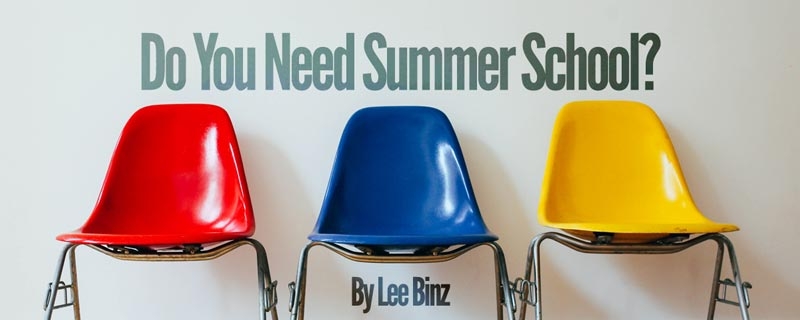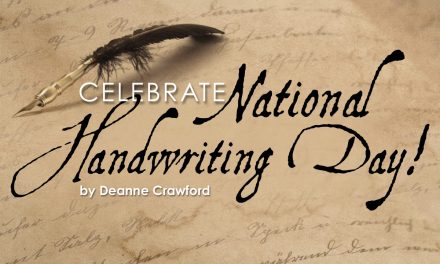With the proliferation of the internet, sometimes the simplicity of physical print material gets overlooked. Why would you hunt for something within pages of paper when with a click of a button it’s on your monitor with ease?
The answer is simple. There’s something so wonderfully tactile about holding a physical book in your hands that envelops your senses, engaging them like nothing virtual knowledge can fully do. While there’s a place for Googling, there’s something wonderfully basic and relaxing to using an old fashioned book to perpetuate learning.
There are a few physical resources that I believe are a necessity for your homeschool book shelf and would encourage you to seek out in building your own resource library.
A dictionary.
Yes, an old fashioned many-paged dictionary. Not only are you helping youngers with word definition but with spelling and alphabetization by a multi-sensory approach. This also helps to implant it in their memory banks for future reference. And alphabetizing is a skill many youngers lack due to the use of electronics as the only source in locating definitions.
A thesaurus.
Learning how to say simple words like “again”, “large”, and “going” using a variety of words is essential for building writing skills. Why use a book when you can Google it? Simple, when you engage more than one sense for learning, you increase retention.
A general science reference book.
Again, you could look up any topic you wish on the internet, but, when you are leafing through a book your child is exposed to topics, ideas, and inventions that they may not have thought of before. This may cause a spontaneous desire to learn more about a new topic and again, increase learning. For example, I have a child that would never in a million years purpose to look up magnetism. However after leafing through our general science book to look up the water cycle she happened upon a section on magnets. She was hooked! Years later this still is an interest of hers.
A medical dictionary/anatomy book.
I won’t get into the age appropriateness of certain sections, I’ll leave that to each household’s discretion. But there’s something awesome about learning about the body that I believe is best done in book form. Specific interests could then be followed up online. Who knows you may have a budding healthcare professional in your household that you didn’t know about!
A general art history reference book.
Not being an artist person myself, our art history reference book has gotten the most use of all our books. It’s wonderful to pull it out and look up a particular artist or genre of art. The best type of reference book has the major artists for that particular genre containing a brief bio and then a good sampling of their work. Again, while not exhaustive it’s a great way to get a taste for a time period or artist in a simplistic enough way to help with retaining that knowledge. Further interests again could be followed up online. I’ve also used this particular tool in teaching co-op classes and fits in extremely well doing history chronologically.
An encyclopedia.
I hear you laughing. Yes, an encyclopedia. If you have room for it, these many volume treasures contain a mode of learning from long ago. However in this age, they are conversation starters both for the amount of information held in your hand and the variety. And since they are generally found for pennies, there isn’t the pressure of keeping them pristine and finger free. I’ve found this is also useful for critical thinking as some of the information may have been changed, expanded, or disregarded all together. While the youngers enjoy the glossy pages and pictures, the olders seem to enjoy digging in and looking for possible errors that were once “common knowledge”. And there’s always the fun of looking at “groovy” styles of former eras. You can’t beat these topics for great conversation!
So whatever your space or budget, you can’t go wrong visiting your local used book stores, library sales, and thrift stores in search of reference books to build your reference shelf for your homeschool learning. These gems will help entertain, educate and engage your children in different mode than using online sources.
What’s on your reference shelf? Comment below!





